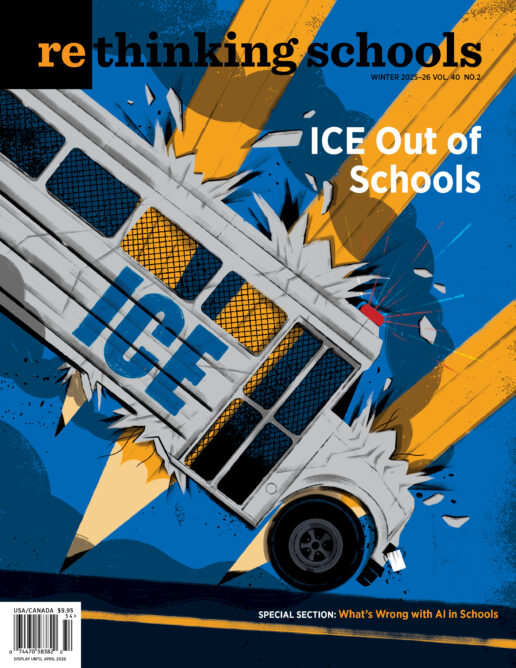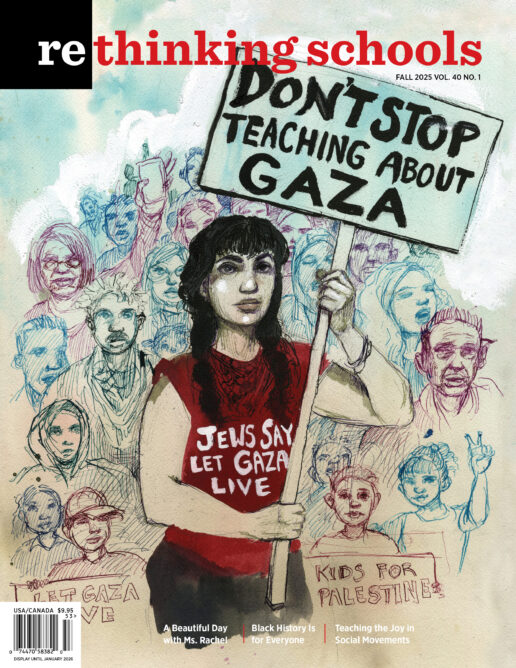-
Cover Story
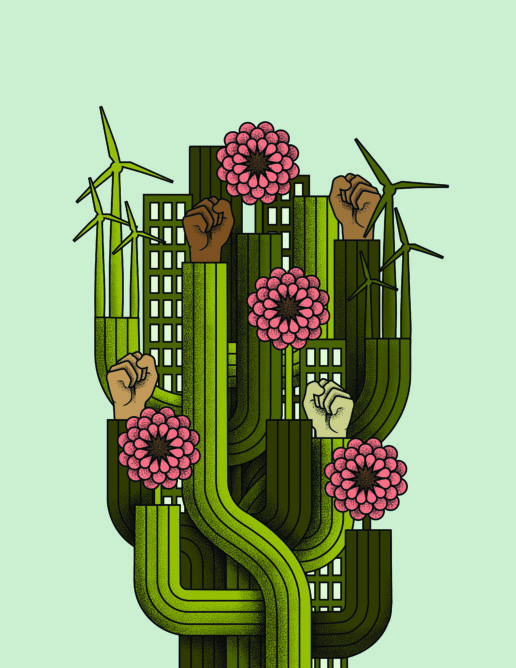
The Green New Deal and Our Schools
So often, the climate crisis is presented in frightening, threatening terms: rising seas, superstorms, raging wildfires, unlivable temperatures, species extinction, disappearing glaciers, dying coral, climate refugees. These are real. But the paradox is that this dystopian possibility is forcing us to imagine an entirely different kind of society. Schools have a central role to play in devising new alternatives and equipping young people to bring those alternatives to life. This is the work we’ve been assigned.
-

Solar Power Comes to Math Class
A math educator brings data from a friend’s solar panels — and the story to win them in their community — into her 7th-grade classroom to build a bridge between math and climate justice education.
-
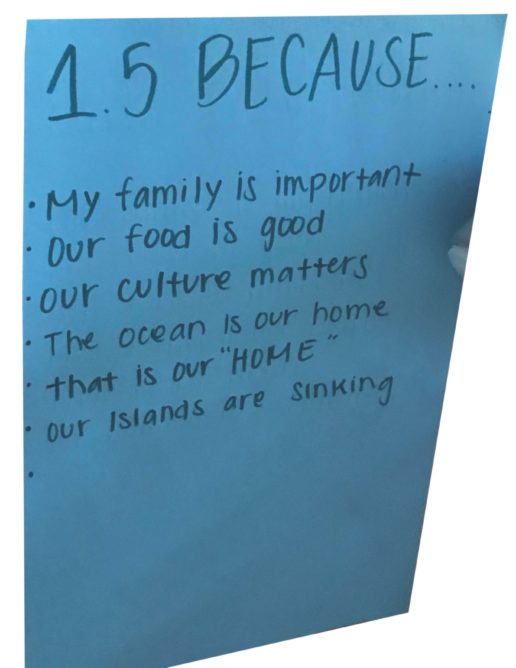
“Because Our Islands Are Our Life”
Column: Earth, Justice, and Our Classrooms
A high school ethnic studies teacher describes how students in the Pacific Island Club used poetry to refocus the narrative surrounding climate justice onto frontline communities.
-
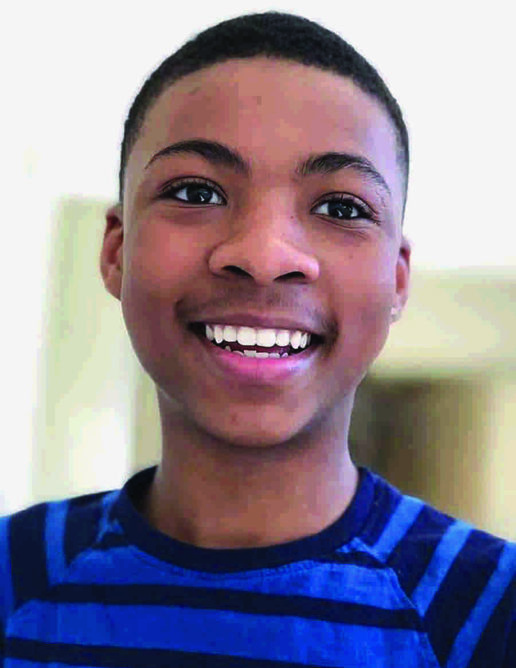
How We Failed Nigel Shelby and Allowed the Abuse He Endured
A writer interrogates school culture and our collective role in the suicide of a gay 15-year-old 9th grader in Alabama.
-
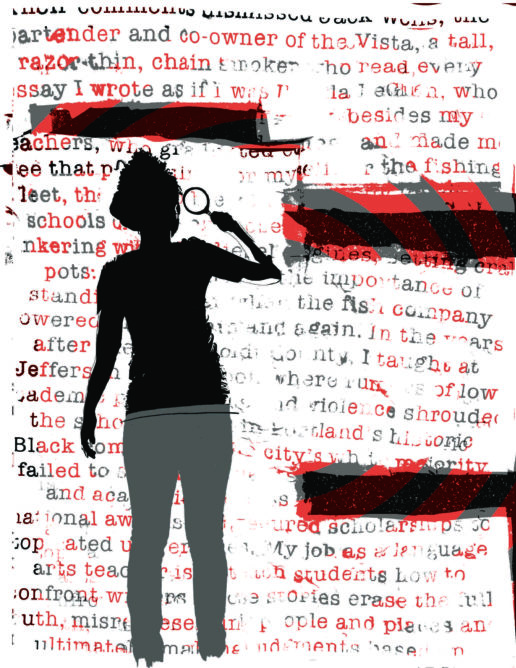
Creating Bias Detectives, Blowing Up Stereotypes, and Writing Essays that Matter
“Part of the work of teaching students to read is teaching them to question not only the written word, but also the author,” Christensen writes in her article about teaching students how to confront writers whose stories erase the full truth and misrepresent people and places.
-
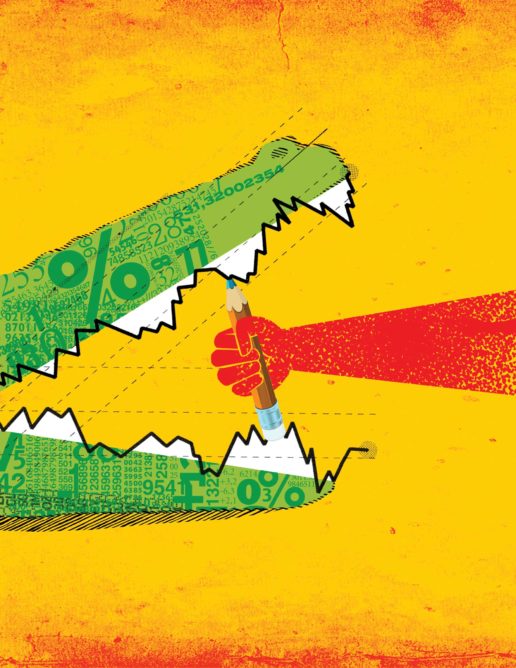
Time to Get Off the Testing Train
While high-profile tests like the SAT are problematic, Karp argues that we need to end the routine standardized tests that plague students and teachers.
-
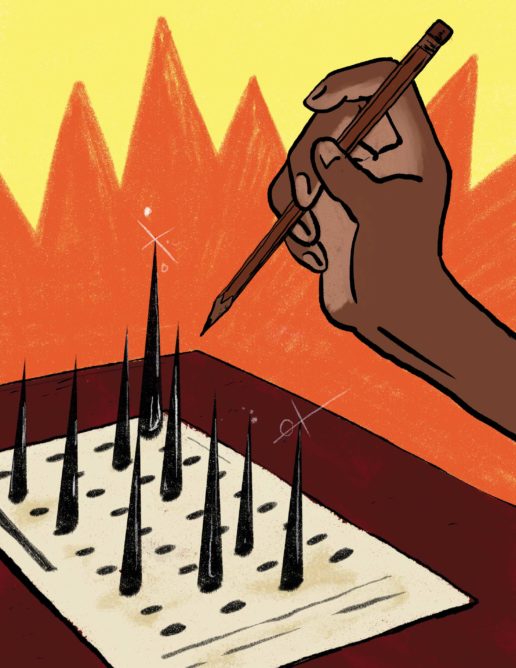
Racial Justice Is Not a Choice
White supremacy, high-stakes testing, and the punishment of Black and Brown students
High-stakes tests have not only failed to achieve racial equality in schooling, they’ve also made it worse for students of color.
-
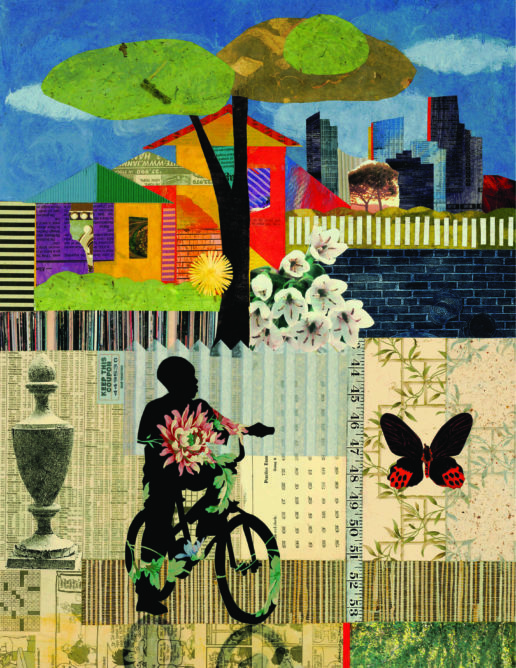
“I Can’t Make a Teacher Love My Son”
A Black parent's journey to racial justice organizing
After teachers label her son’s behavior as problematic and try to have him evaluated by a psychologist, a Black parent uncovers why schools fail Black boys and begins organizing her community to challenge practices detrimental to them.
-
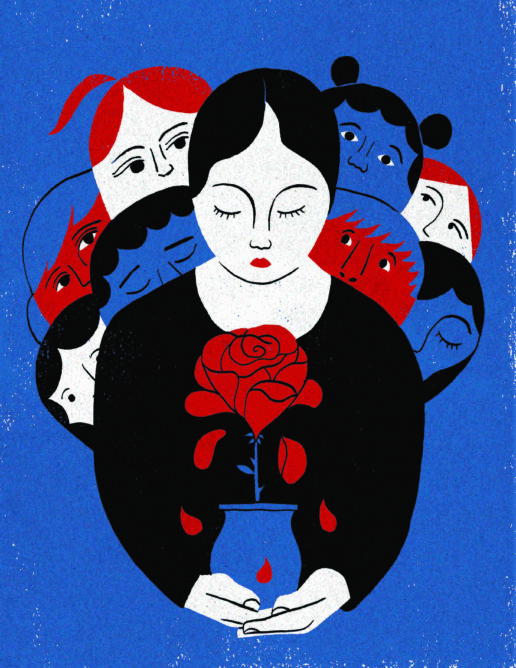
Making Room for Death
Death happens regularly, but a special education teacher describes her own mother’s death to show how schools leave no space for grief and try to hide death from the school community.
-
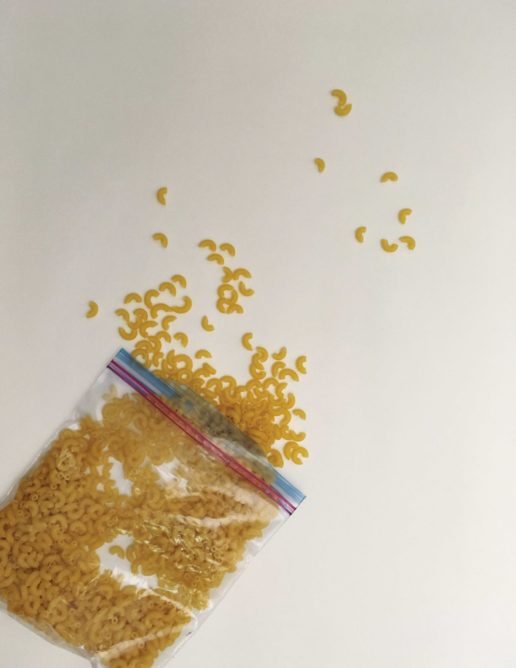
Macaroni Social Justice
A 3rd-grade teacher uses thousands of pieces of macaroni to facilitate a lesson about fractions and to spur classroom conversations about wealth inequality.
-
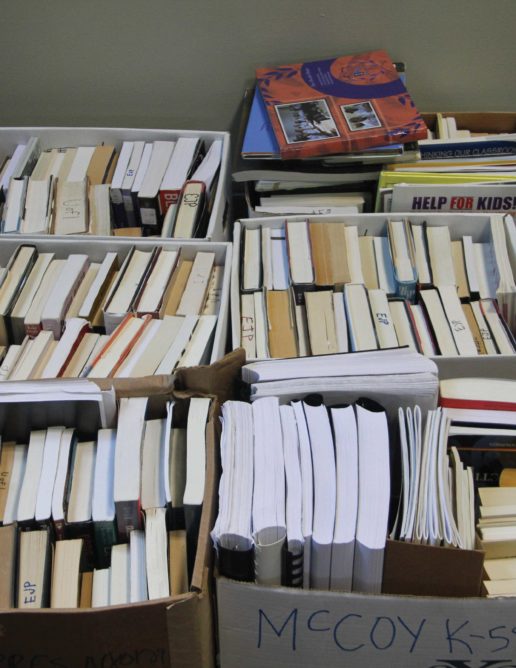
Rethinking Our Classrooms Among Race and Education Books Censored at Illinois Prison
In late January, authorities at the Danville Correctional Center in east-central Illinois removed more than 200 titles from the prison’s library. One of the books that was confiscated was the Rethinking Schools book Rethinking Our Classrooms: Teaching for Equity and Justice, first published in 1994 and edited by Bill Bigelow, Linda Christensen, Stan Karp, Barbara Miner, and Bob Peterson.
-
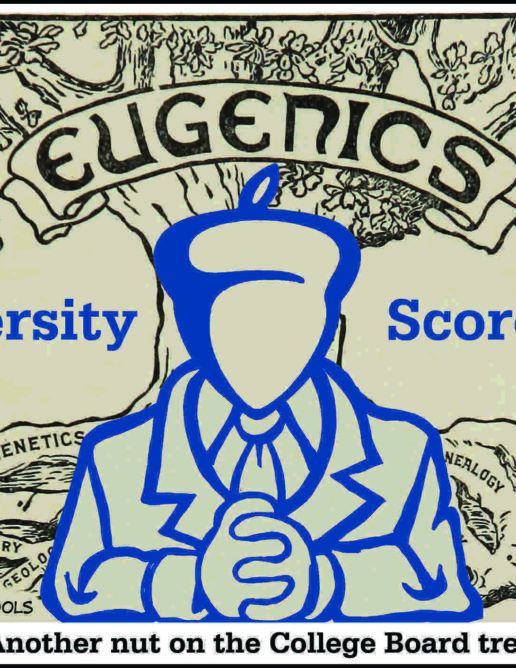
The SAT’s New “Adversity Score”
A poor fix for a problematic test
Students of color with the least advantage in terms of wealth don’t need saviors — they need a more just society.
-
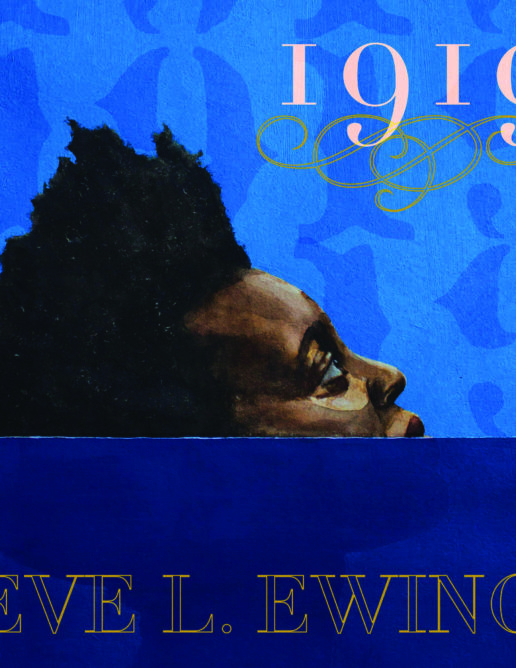
Our picks for books, videos, websites, and other social justice resources 33.4
Check out these valuable resources, reviewed by Rethinking Schools editors and Teaching for Change colleagues.
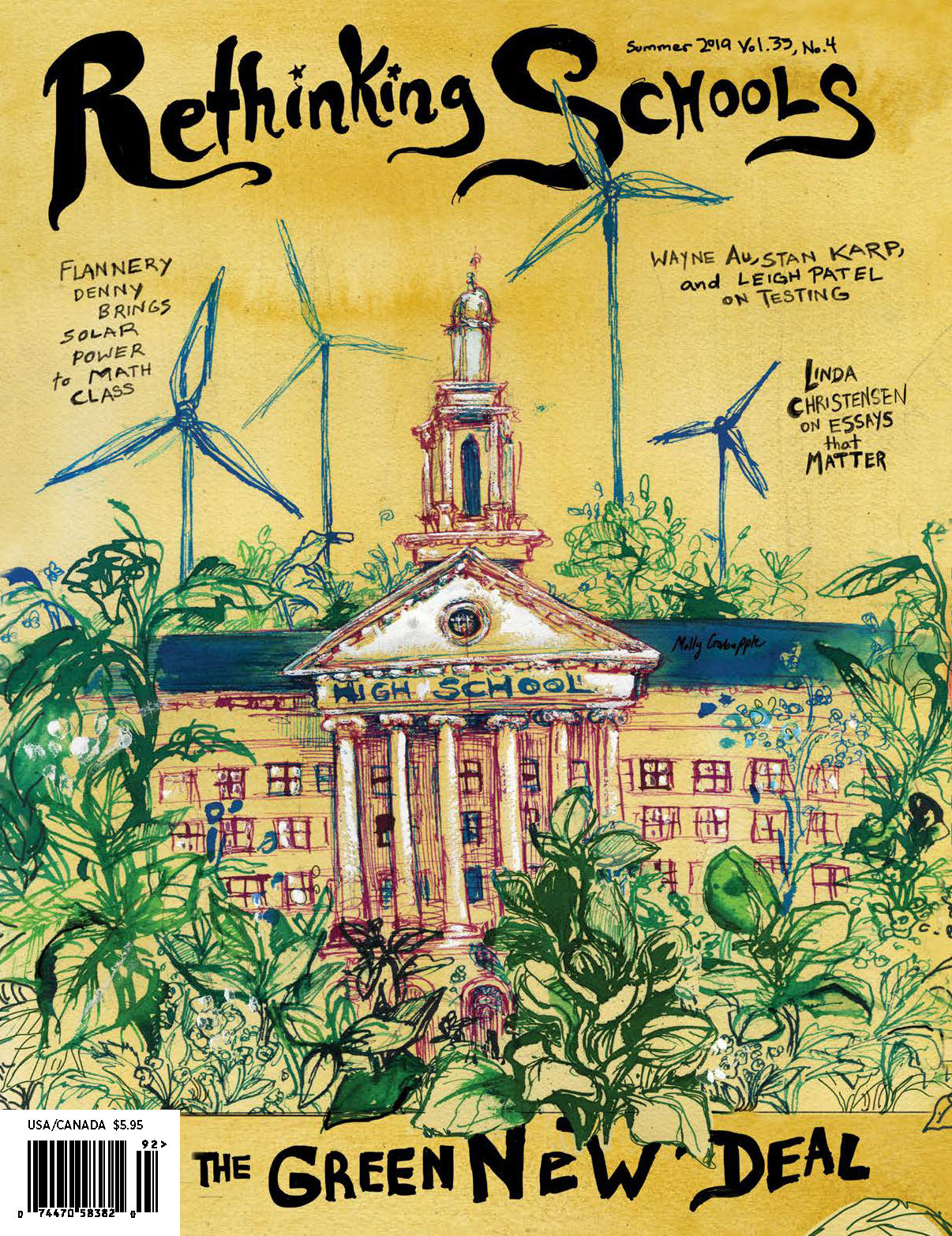
Volume 33, No. 4
Summer 2019
The summer issue of Rethinking Schools focuses on schools and The Green New Deal — and the role and responsibilities that educators and education activists have in this moment to fight for climate justice. It also includes a series of articles about high-stakes testing and the SAT’s new “adversity score” by Leigh Patel, Wayne Au, and Stan Karp. Additionally, it features an important article by Zakiya Sankara-Jabar, who, after teachers labeled her son’s behavior as problematic and tried to have him evaluated by a psychologist, worked to uncover why schools fail Black boys and began organizing her community to challenge practices detrimental to them. And there’s lots more!
Annual Subscription: $24.95
Purchase Digital Copy: $4.95
To purchase individual paper copies of the magazine email us or call customer service at 1-800-669-4192

